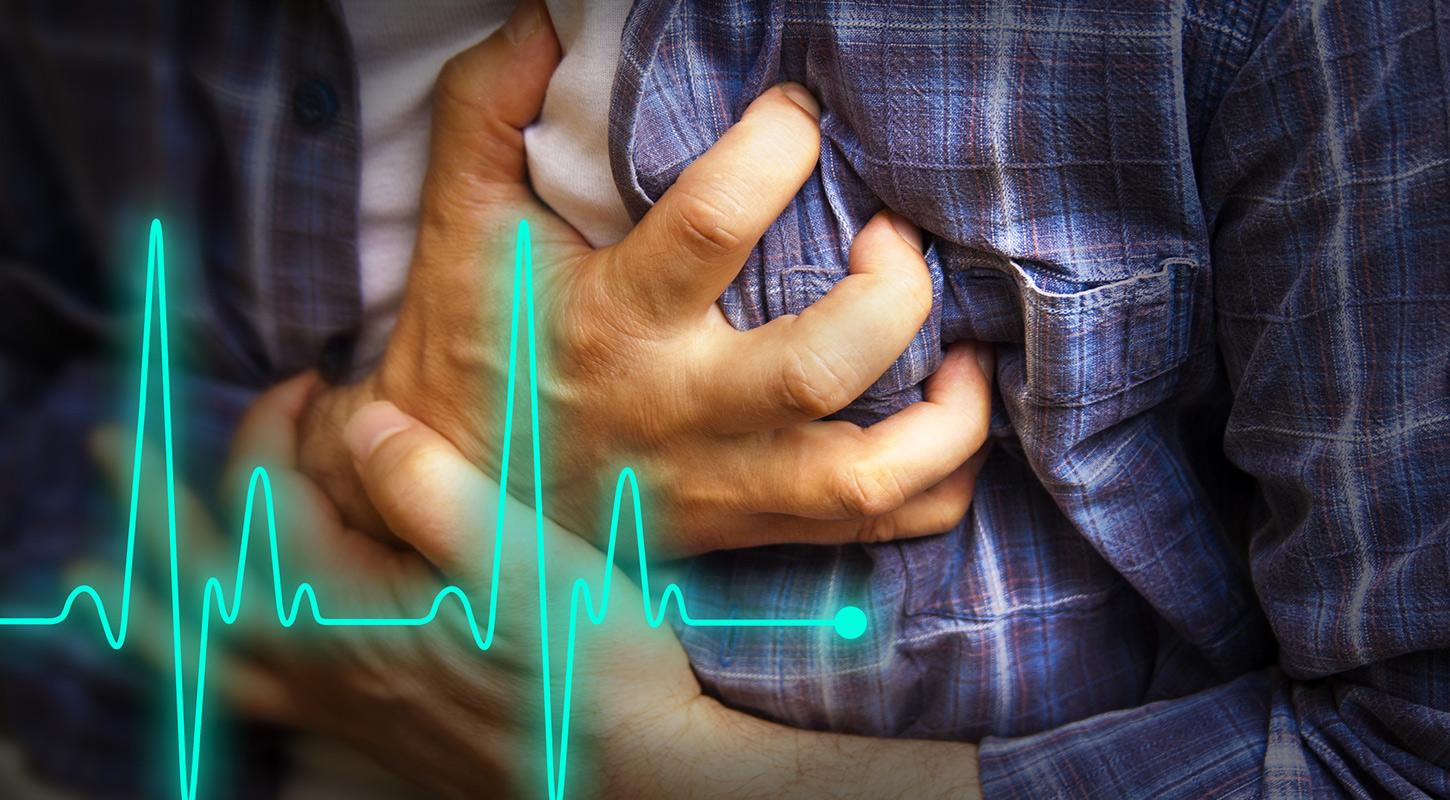How to Tell the Difference Between a Heart Attack and Cardiac Arrest

Many people treat the terms “heart attack” and “cardiac arrest” as synonyms, but the truth is they are two different medical conditions. Knowing the differences between these two cardiovascular problems can help you determine if you or a loved one is suffering from one or the other – and how to respond.
What Causes a Heart Attack to Occur?
The heart requires blood that is rich in oxygen in order to operate properly. This blood reaches the heart through the coronary arteries, which can become blocked. When a blockage in the artery does not reopen, the heart begins to die without oxygenated blood. The longer this goes on without being diagnosed, the higher your chances are of having a heart attack.
What Causes Cardiac Arrest to Occur?
Cardiac arrest occurs when there is a malfunction in the heart that results in an irregular heartbeat. Known as an arrhythmia, this change in heartbeat means that the heart can’t get blood to other organs like the lungs and brain. When this occurs, the person will lose consciousness and a pulse. If treatment does not occur rapidly, the patient will die.
Heart Attack or Cardiac Arrest?
When someone is having a heart attack, the heart typically does not stop beating like it does during cardiac arrest. Most of the time, heart attack symptoms begin slowly and can occur over an extended period of time before the actual heart attack happens. If a loved one is experiencing cardiac arrest, he or she will become unresponsive, gasp for air or stop breathing right away. Immediately call 9-1-1 and begin CPR. For someone experiencing the symptoms of a heart attack, call 9-1-1 or get to an emergency room as quickly as possible.
It’s important to note that while these conditions are different, they do have a connection. While it is not always the case, cardiac arrest can occur after a heart attack or during the recovery process.
Remember – keeping your heart healthy can decrease your chances of both cardiac arrest and heart attacks, as well as a variety of other diseases.
